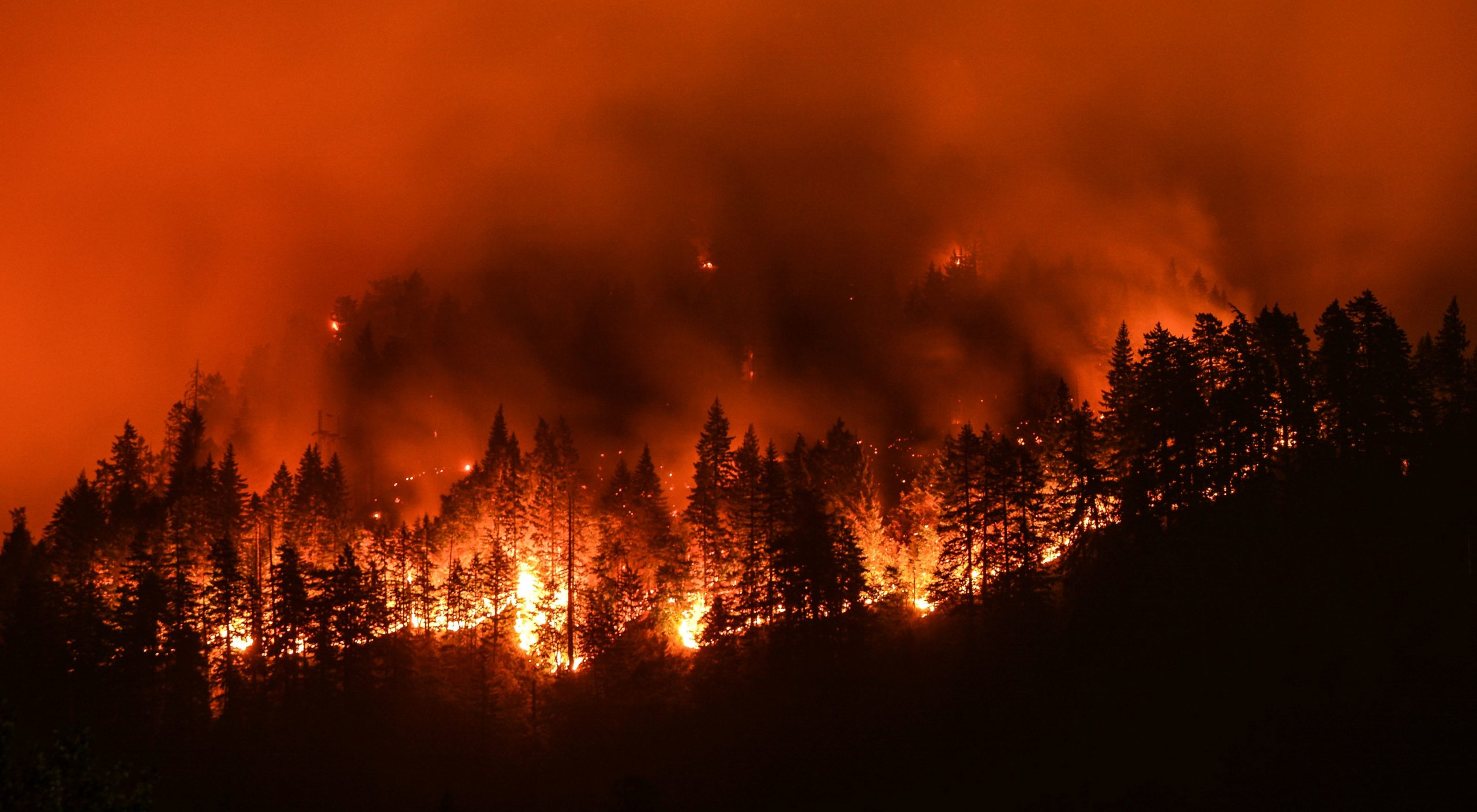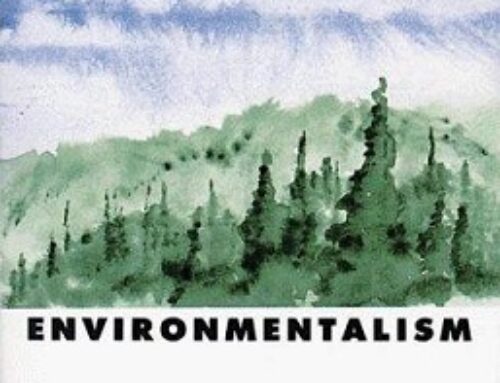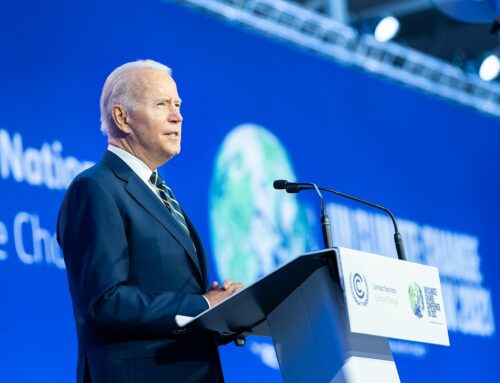by Greg Walcher, E&E Legal Senior Policy Fellow
As appearing in the Daily Sentinel
During my years at Club 20, transportation was among the Western Slope’s crucial issues, and there were many meetings about traffic jams on Interstate 70, a major hindrance for people needing to get to Denver. I remember one heated meeting, in which a local Idaho Springs official thundered, “The one thing we know will not help is additional lanes!” Others in the room were stunned, knowing of course that additional lanes were the main thing that actually would help.
We have seen the same phenomenon in the national debates on forest management, which have grown increasingly divisive over the last 20 years, while 100 million acres of national forests have burned. All efforts to thin the forests to a more natural density and restore healthy and sustainable management have met with lawsuits from groups that oppose any and all tree cutting. During those same years, politicians have waged war on coal, stifled oil and gas production, and advocated carbon taxes and other extreme measures to reduce carbon dioxide, while ignoring the vital role of healthy forests, the world’s greatest resource for cleaning carbon dioxide out of the atmosphere. They are mostly unwilling to take on the powerful environmental lobby, even if it might help mitigate climate change.






